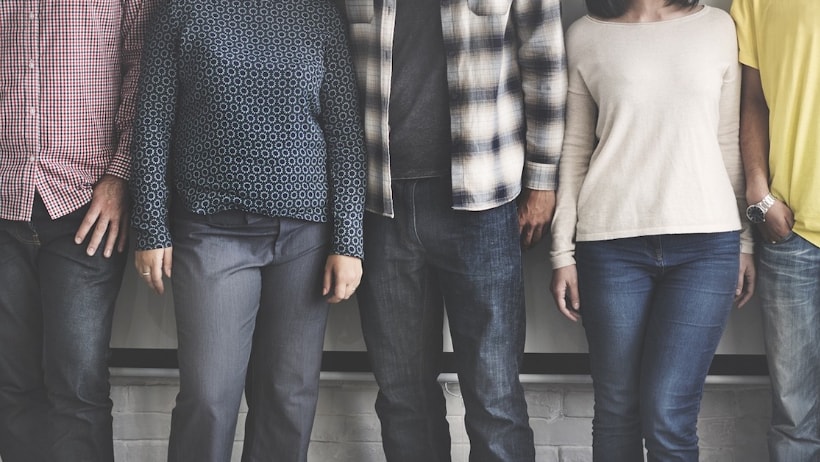It wasn’t so long ago that Portland’s Jewish community was without a Jewish Free Loan program. Last January, the Jewish Federation of Greater Portland launched this wonderful and necessary service for our community. There is great power in knowing that as a community we have the means to support one another, whether it’s for those emergency car repairs she didn’t budget for or the money to buy a suit for an interview so he can get back on his feet. These interest-free funds serve a beautiful purpose: helping others to help themselves.

The creation story in the book of Bereshit isn’t the only creation in the Torah. The entire sacred text is an account of the creation of a people, and at the center of this cultural origin story is the idea that a structurally sound community supports its members.
This week we read Parshat Behar-Bechukotai, the final parshiyot in the book of Vayikra. This double portion, Behar-Bechukotai, focuses primarily on the laws of agriculture and land. What makes this section of text unique is that it takes the notion of land ownership and farming and uses that to create a society in which no one group holds complete control forever. We read about the 50-year land ownership cycle in which we are required to allow the land to rest every seventh year. In the 50th year of the cycle, all land returns to its original owner. Imagine a farmer who falls on hard times because of a drought or poor crop. In order to sustain his family, he might sell off parts of his farm acre by acre. After 10 years he might have nothing left, and he might be forced off the land or have to find another way to make a living. According to our Torah laws, in the 50th year, this farmer would receive back all his land and become his own landlord again.
In the beginning of this long list of what happens to our land as we reach these milestone years, we receive the Torah imperative in chapter 25, verse 25: “If your kinsman is in straits and has to sell part of his holding . . .” In this moment the Torah gives us an important law, a law that requires extending help to people in financial trouble so that their economic condition does not worsen. This verse of the Torah requires of us that we help maintain dignity, and at a bare minimum the status quo of support, so that basic needs of human existence are met within the community.
Rambam, the great 16th century philosopher, rabbi, and physician, teaches in his work the Mishneh Torah that the highest form of tzedakah is to help people help themselves become financially independent. Thus, establishing a Jewish Free Loan program allows our community to sustain our members, to help them get back on their feet, and to move forward. In fact, all of our community resources provide these opportunities, and it is our responsibility to perpetuate these modern versions of the safety net, because if circumstances were just a little different, we could just have easily been the ones in need.



